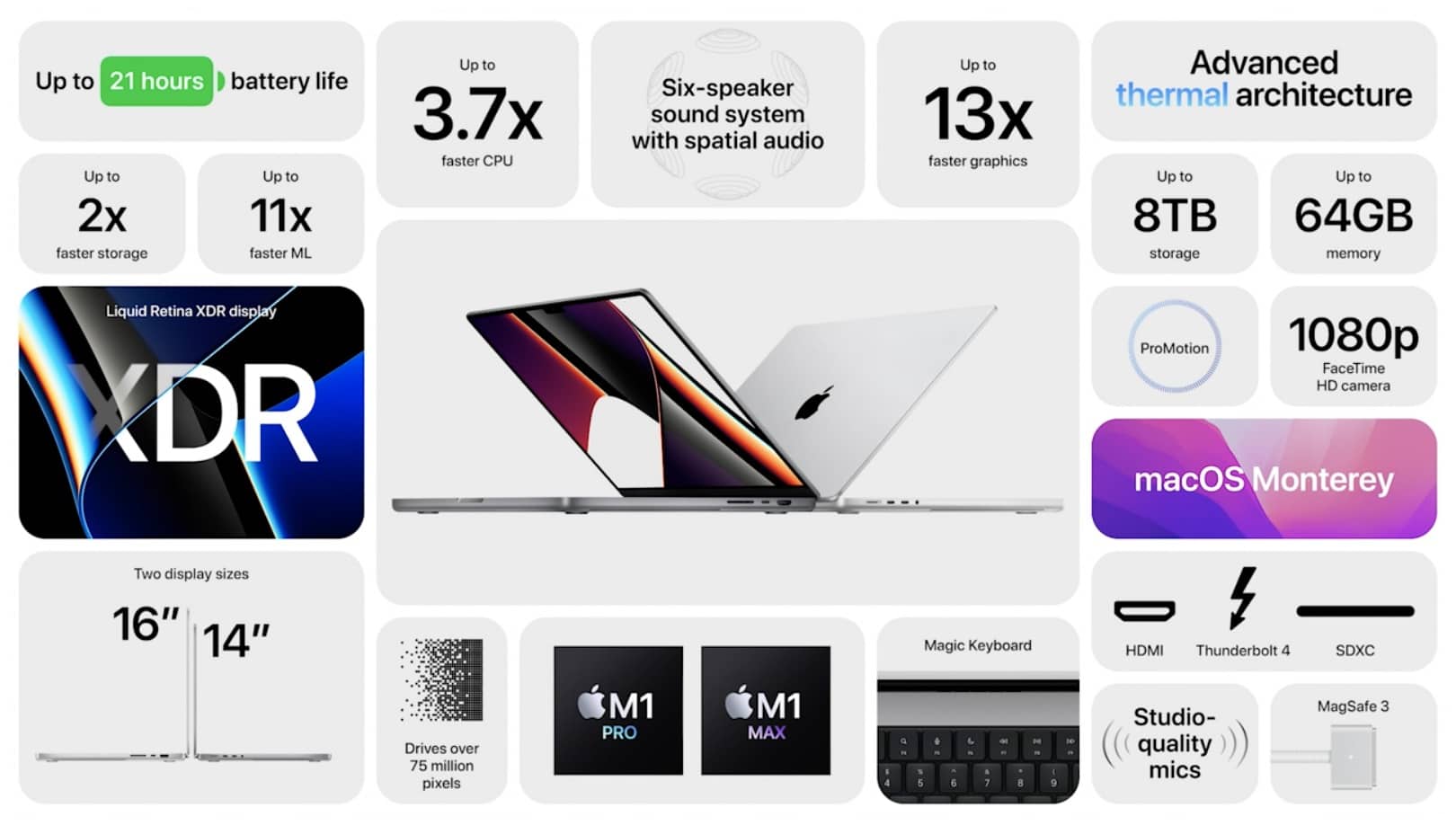You’re interviewing potential IT consultants, and one of them keeps talking about how they’ve helped “businesses just like yours” succeed with their technology strategies. But when you ask about Atlanta’s specific business climate, regulatory environment, or industry concentrations, they give you generic answers that could apply to any major city.
That’s your cue to keep looking. Working with IT consulting Atlanta firms that actually understand the local business ecosystem isn’t just a nice-to-have – it’s essential for getting technology recommendations that actually fit your operational reality.
Why Local Business Knowledge Actually Matters
Let’s address the elephant in the room first: isn’t technology the same everywhere? Servers work the same way in Atlanta as they do in Denver, right?
Technically, yes. But the business context that drives technology decisions is completely different. Atlanta’s economic landscape, regulatory environment, industry clusters, and even infrastructure characteristics create unique requirements that generic IT consulting approaches often miss.
The Compliance and Regulatory Landscape
Atlanta businesses operate within Georgia’s specific regulatory framework, which affects everything from data retention requirements to tax reporting systems. An IT consulting Atlanta partner who understands these requirements can help you build compliance into your technology infrastructure from the ground up, rather than retrofitting it later.
For example, Georgia’s data breach notification laws have specific timing and method requirements that should influence how you architect your security monitoring and incident response systems. A consultant who’s dealt with these requirements before will design systems that make compliance easier, not harder.
Understanding Atlanta’s Industry Concentrations
Atlanta isn’t just another big city – it’s a business hub with specific industry strengths that create unique technology needs and opportunities.
The Logistics and Transportation Hub Reality
With Hartsfield-Jackson being the world’s busiest airport and Atlanta serving as a major logistics hub, many local businesses have supply chain complexity that other markets don’t see. This means:
- Real-time tracking systems that need to integrate with multiple transportation providers
- Supply chain visibility requirements that demand robust data integration capabilities
- International trade compliance systems for import/export operations
- 24/7 operational requirements due to global logistics timing
A consulting partner familiar with Atlanta’s logistics ecosystem will understand these requirements without needing extensive education about your industry’s unique challenges.
Financial Services Concentration
Atlanta hosts numerous regional banking headquarters and financial services operations. If you’re in this sector, or if you serve it, your IT consulting Atlanta partner should understand:
- Banking regulation compliance requirements that affect IT infrastructure
- Financial data integration standards used by local institutions
- Risk management frameworks common in the Atlanta financial services community
- Vendor management requirements that financial institutions impose on their service providers
Evaluating Local Market Knowledge
When you’re interviewing potential IT consulting partners, you need specific ways to assess their familiarity with Atlanta’s business environment. Generic experience claims don’t cut it.
Ask About Specific Local Challenges
A consultant with real Atlanta experience should be able to discuss specific challenges they’ve helped local businesses navigate:
- Hurricane season preparedness and how it affects business continuity planning
- Georgia Power’s rate structures and how they impact data center and server hosting decisions
- MARTA connectivity considerations for businesses with distributed workforce
- Local fiber infrastructure strengths and limitations in different parts of the metro area
Industry Network and Relationships
Effective IT consulting Atlanta firms should have established relationships within the local business community. Look for consultants who can provide references from:
- Local trade associations they’ve worked with or spoken at
- Atlanta-based businesses in your industry or related sectors
- Regional technology vendors they’ve successfully integrated for multiple clients
- Local professional networks where they’re known and respected
Questions That Reveal Local Expertise
During your consultant evaluation process, ask questions that require specific knowledge of Atlanta’s business environment:
Infrastructure and Connectivity Questions
- “How does Atlanta’s fiber infrastructure affect our technology location decisions?”
- “What are the pros and cons of different data center options in the Atlanta metro area?”
- “How should we think about redundant internet connectivity given our location?”
Business Environment Questions
- “What technology trends are you seeing among similar Atlanta businesses?”
- “How do other local companies in our industry handle [specific technology challenge]?”
- “What regional compliance or regulatory issues should we be considering?”
Growth and Expansion Questions
- “How should we plan our technology infrastructure for potential expansion within the Atlanta market?”
- “What location factors should influence our technology decisions as we grow?”
Red Flags for Non-Local Understanding
Some warning signs that a potential IT consulting Atlanta partner doesn’t really understand the local market:
Generic Solution Recommendations
If they’re recommending the same technology stack they pitch to every client regardless of location or local business context, they’re probably not considering Atlanta-specific factors that could affect your success.
Lack of Local References
Be wary of consultants who can’t provide references from established Atlanta businesses, or who only offer references from other markets. Local success stories indicate real understanding of the business environment.
Unfamiliarity with Regional Vendors
Atlanta has a robust ecosystem of regional technology vendors and service providers. A consultant who’s only familiar with national vendors might miss cost-effective local alternatives or partnerships that could benefit your business.
The Value of Regional Industry Connections
One of the biggest advantages of working with IT consulting Atlanta firms that truly understand the local market is their ability to connect you with other resources and opportunities within the regional business ecosystem.
Strategic Partnership Opportunities
Local consultants often know about partnership opportunities between Atlanta businesses that could benefit your technology strategy:
- Shared infrastructure initiatives among companies in similar industries
- Group purchasing opportunities for software licensing or equipment
- Regional user groups for specific technology platforms you’re considering
- Local training and development resources for your team
Vendor Relationship Leverage
Established local consultants often have relationships with technology vendors that serve the Atlanta market. This can translate into:
- Better pricing negotiations based on regional volume commitments
- Priority support access when you need urgent assistance
- Early access to new technologies being piloted in the Atlanta market
- Local technical support from vendors who understand regional business patterns
Making the Local Knowledge Decision
Choosing an IT consulting Atlanta partner with genuine local business ecosystem knowledge isn’t just about finding someone who lives in the area. It’s about finding consultants who understand how Atlanta’s unique business environment, regulatory landscape, and industry concentrations affect technology decisions.
The right local partner will save you time by understanding your business context without extensive explanation, help you avoid costly mistakes by knowing local regulatory and infrastructure realities, and connect you with regional opportunities that national consulting firms might miss.
When your IT consulting partner truly understands Atlanta’s business ecosystem, they become more than just technology advisors – they become strategic partners who can help you leverage local advantages while navigating regional challenges.








